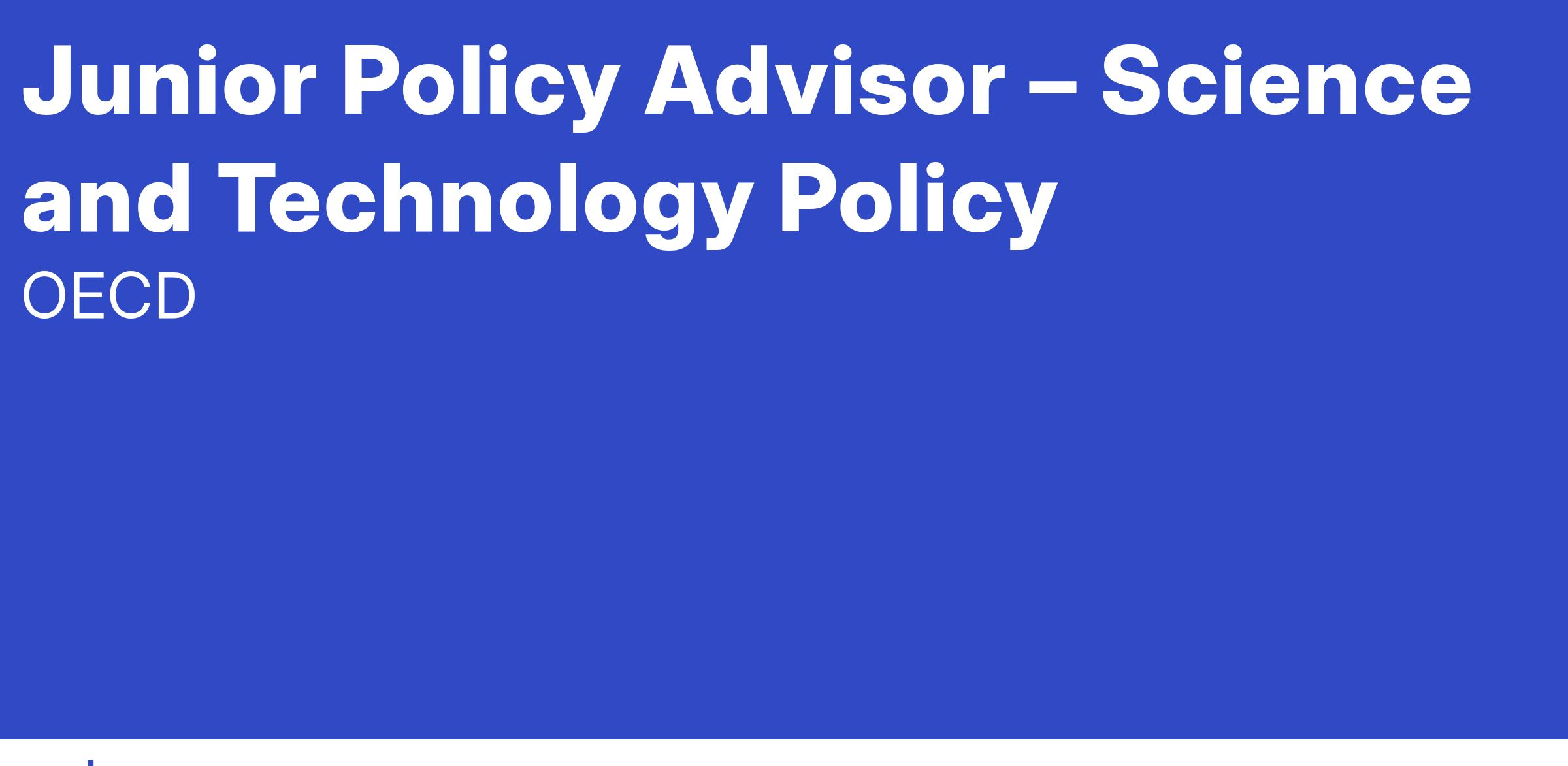Create How-to Videos in Seconds with AI
Stop wasting time on repetitive explanations. Guidde’s AI creates stunning video guides in seconds—11x faster.
Turn boring docs into visual masterpieces
Save hours with AI-powered automation
Share or embed your guide anywhere
How it works: Click capture on the browser extension, and Guidde auto-generates step-by-step video guides with visuals, voiceover, and a call to action.
Is AI Actually Smart? Unpacking the Intelligence Debate That Matters for Impact
As social entrepreneurs and changemakers, the constant bombardment of claims about AI's transformative potential raises a fundamental question that will shape how these tools get deployed for social good: Is AI actually intelligent, or are humans projecting human qualities onto sophisticated prediction machines?
The Great Intelligence Divide
The AI research community is deeply split on this question. Recent theoretical work suggests that AI systems could theoretically "approximate the brain and its functioning systems with any expected small error", potentially surpassing human intelligence with mathematical certainty. This isn't science fiction—it's grounded in computational theory that shows AI without restrictions could evolve beyond human cognitive capabilities.
Yet other researchers argue these claims lack "a scintilla of scientific evidence" and represent "science fiction, not science". The reality is that current AI systems fall short of human intelligence in key areas, particularly in understanding context, nuances, and subtle communication cues that allow humans to comprehend sarcasm, metaphors, and complex social dynamics.

The Stochastic Parrot Problem
Here's where it gets interesting for impact work: many AI systems function as sophisticated stochastic parrots—they excel at pattern recognition and generating human-like responses, but without genuine understanding. Machine learning researchers have identified that these systems are fundamentally "as good as the data they are trained on", which creates serious limitations when addressing complex social problems.
This matters because AI systems can absorb biases based on gender, race, or other factors from their training data and further magnify these biases in their subsequent decision-making. For organizations working on equity and inclusion, this isn't just a technical limitation—it's a potential amplifier of the very inequalities being addressed. Research from 2023 shows that lack of AI fairness can lead to deepening of societal inequalities, particularly when these systems are deployed without proper oversight.
Prediction Machines vs. True Intelligence
Current AI excels as prediction machines—they're remarkably effective at identifying patterns and forecasting outcomes based on historical data. However, recent studies reveal that AI training on human decision-making can lead to unintentionally biased models that reinforce problematic patterns even after training ends.
But prediction isn't understanding. Research shows that for AI to truly progress, there's a need for models that offer insights and explanations, not just predictions. This limitation becomes critical when working on complex social challenges that require contextual understanding, ethical reasoning, and the ability to navigate unprecedented situations.
The Anthropomorphism Trap
Perhaps the biggest danger for impact-focused organizations is anthropomorphism—attributing human-like consciousness and reasoning to AI systems. Recent research demonstrates that biased AI can influence political decision-making, highlighting how the perception of AI objectivity can mask underlying biases and lead to problematic outcomes in democratic processes.
This matters because when AI capabilities get overestimated, risks include:
Deploying systems in critical areas like healthcare or education without adequate human oversight
Creating "AI Mismatches" where system performance falls short of safety and value creation needs
Missing opportunities to combine AI's computational strengths with uniquely human capabilities like empathy, ethical reasoning, and contextual judgment
What This Means for Impact Work
The evidence suggests approaching AI as a powerful tool rather than an intelligent agent. The 2025 AI Index Report shows that while AI capabilities continue advancing rapidly, fundamental limitations in understanding and reasoning persist.
For maximum impact, consider:
Leverage AI's strengths: Use AI for pattern recognition, data analysis, and prediction tasks where it excels, while maintaining human oversight for ethical decisions and contextual interpretation.
Address limitations proactively: Implement frameworks that help recognize and articulate AI limitations before deployment, particularly in social applications where bias amplification could cause harm.
Maintain human agency: Remember that AI systems remain vulnerable to adversarial attacks and can produce unreliable outputs in novel situations. Research shows that prior knowledge about AI can lessen the impact of bias, highlighting the importance of AI education for robust bias mitigation.
The question isn't whether AI is smart—it's whether humans are smart enough to use it effectively for social good while avoiding the pitfalls of overestimation and bias amplification. The future of equitable AI lies not in replacing human intelligence, but in thoughtfully augmenting it.
What's your experience been with AI tools in your impact work? Have you encountered situations where AI limitations affected your social programs or initiatives? Feel free to respond to this message or fill out the super quick feedback survey.
Key Resources & Further Reading
Fairness in AI and Its Long-Term Implications on Society - 2023 comprehensive analysis of how AI bias deepens societal inequalities
The Consequences of AI Training on Human Decision-Making - 2024 study on how biased AI training creates feedback loops that affect human behavior
Worldwide AI Ethics: Review of 200 Guidelines - 2024 meta-analysis identifying 17 key ethical principles across global AI governance policies
From Principles to Practice: AI Ethics and Regulations - 2025 analysis of the EU's groundbreaking AI regulatory framework and ethical principles
UNESCO Ethics of Artificial Intelligence Recommendation - Global framework for ethical AI development with focus on human rights
Partnership on AI - Collaborative organization including major tech companies working on AI safety and fairness
AI Now Institute - Research institute focused on social implications of AI and algorithmic accountability
What are your thoughts on AI for Good? Hit reply to share your thoughts or favorite resources or fill the super quick survey below.
Got tips, news, or feedback? Drop us a line at [email protected] or simply respond to this message or take 15 seconds to fill out the survey below. Your input makes this newsletter better every week.
Share your feedback on the AI for Impact Newsletter
AI for Impact Opportunities
Start learning AI in 2025
Keeping up with AI is hard – we get it!
That’s why over 1M professionals read Superhuman AI to stay ahead.
Get daily AI news, tools, and tutorials
Learn new AI skills you can use at work in 3 mins a day
Become 10X more productive
News & Resources
😄 Joke of the Day
Why did the AI break up with its algorithm?
It just couldn’t process its feelings anymore!
🌍 News
⚖️ In lawsuit over teen's death, judge rejects arguments that AI chatbots have free speech rights
Read the article →🚨 AI-Generated Job Scams on the Rise in Indonesia: Tech workers are being targeted by fake job ads crafted with AI and spread via Facebook and Telegram, showing how AI can be weaponized against vulnerable job seekers.
Read the article →🗺️ Palestinians Reclaim Geography with AI Tools: Developers are using open-source AI mapping tools to reconstruct erased or misrepresented locations in the West Bank—fighting digital displacement through innovation.
Read the article →💸 Scientists Debunk Trump’s AI-Optimized Defense Dome: Experts say the proposed $1.75B “golden dome” project lacks scientific and strategic viability, highlighting the dangers of political hype over practical AI applications.
Read the article →
🎓 Career Resource
💼 ImpactSource – A curated job board for mission-driven professionals looking to apply their AI, data science, and tech skills to social impact work. Updated daily with global roles across nonprofits, startups, and government.
Explore opportunities →
🔗 LinkedIn Connection
👤 Luis von Ahn – Co-founder of Duolingo and creator of reCAPTCHA, Luis is a leading voice in accessible, ethical AI in education. Follow him for insights on AI, language equity, and social tech entrepreneurship.
Connect on LinkedIn →












